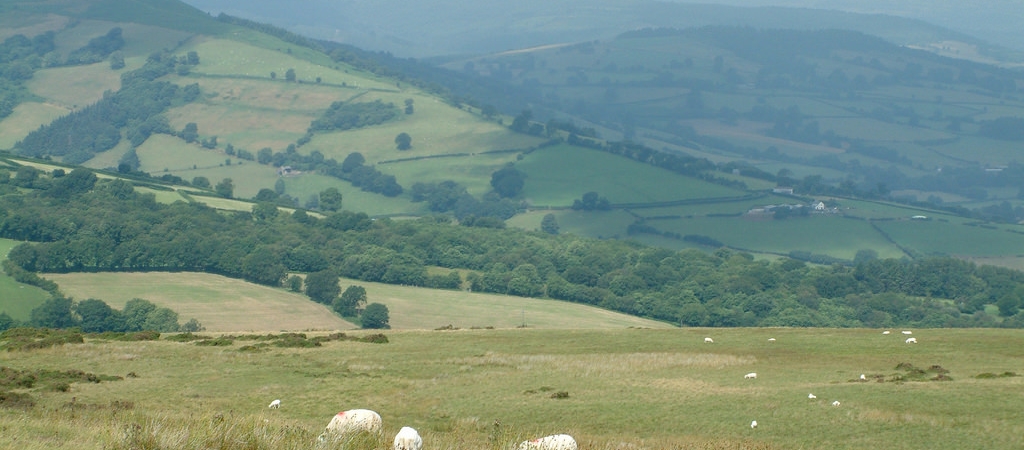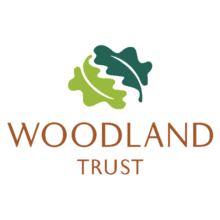The Pontbren Project
A farmer-led approach to sustainable land management in the uplands
A report describing a collaborative approach to woodland management and tree planting to improve the efficiency of upland livestock farming.
Resource explained
This report describes the Pontbren Project in Powys, Wales, and explains the results of long-term hydrological research. The project demonstrates an innovative approach to farming, led by ten neighbouring farms in the Welsh uplands. Some of these farms first came together in 1997 to manage their land in a sustainable way and improve the efficiency of upland livestock farming. They focused on agroforestry; planting tree shelter belts and improving existing woodlands and hedges to help provide shelter. Tree planting has improved the farm businesses, habitats for wildlife, and helped control surface run-off during heavy rain. The farmers invited scientific organisations to create experimental trial plots on the farms to measure the affect that the trees were having. The report covers how the project originated, improvements to livestock production and in relation to woodland, wildlife and landscape, research on the role of woodland in catchment management, Pontbren as a model for livestock farmers, and key lessons learnt.
Findings & recommendations
- Integrating broadleaved woodland and shelterbelts into upland farms can improve their efficiency and make them better places to live and work.
- Strategically planting shelter belts of trees across upland slopes can reduce surface run-off by allowing it to soak more quickly into the soil. Investigations discovered that inside the woodland areas on one farm, water soaked into the soil 60 times quicker than in grassland pastures 10m away.
- Reduced surface run-off results in less topsoil and nutrients being lost during heavy periods of rain. This also means that less sediment is washed into nearby water courses.
- It is vital that trees planted in shelter belts are of a provenance that suits their growing conditions and are as natural to the area as possible.
- Integrating woodland into upland farmland can future proof farms, making them more resilient to climate change and reducing risks of biosecurity breaches and water pollution.
- Woodchip created from active management of woodlands can be successfully used in livestock bedding as an alternative to straw.
- Since the change in land management on the Pontbren farms, there have been many wildlife sightings. Water voles and 12 bird species of particular conservation importance can now be found including barn owls, hen harriers, stonechats and curlew.
N.B. The report is written it both English and Welsh.


